A recent study by scientists at the University of York found that different cultures place different amounts of importance on the five senses. Click this link to learn more.
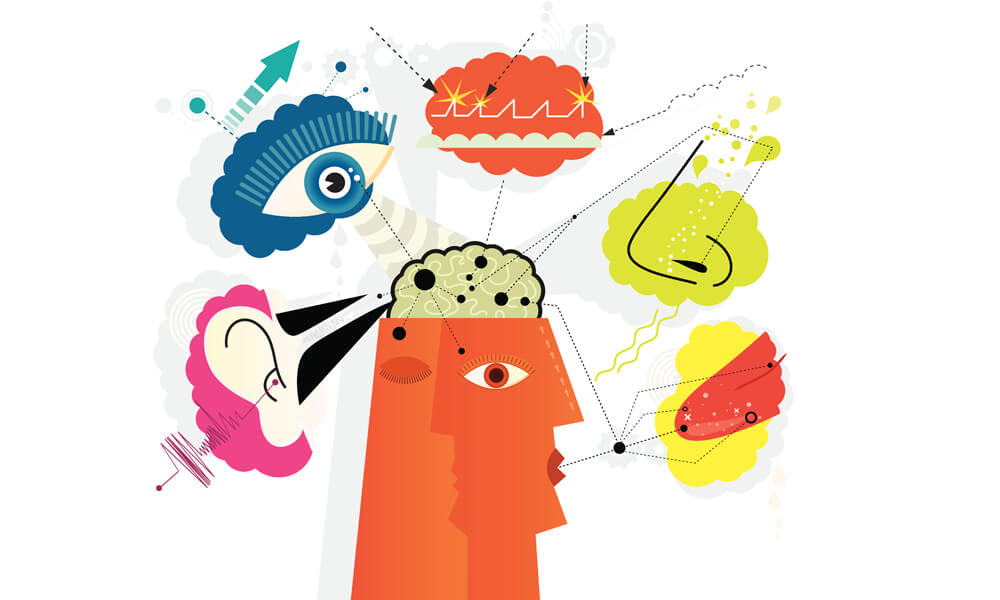

A recent study by scientists at the University of York found that different cultures place different amounts of importance on the five senses. Click this link to learn more.

The weather extremes associated with our rapidly changing climate sometimes seem paradoxical. Here’s the explanation for how global warming can put some locations into a deep freeze.
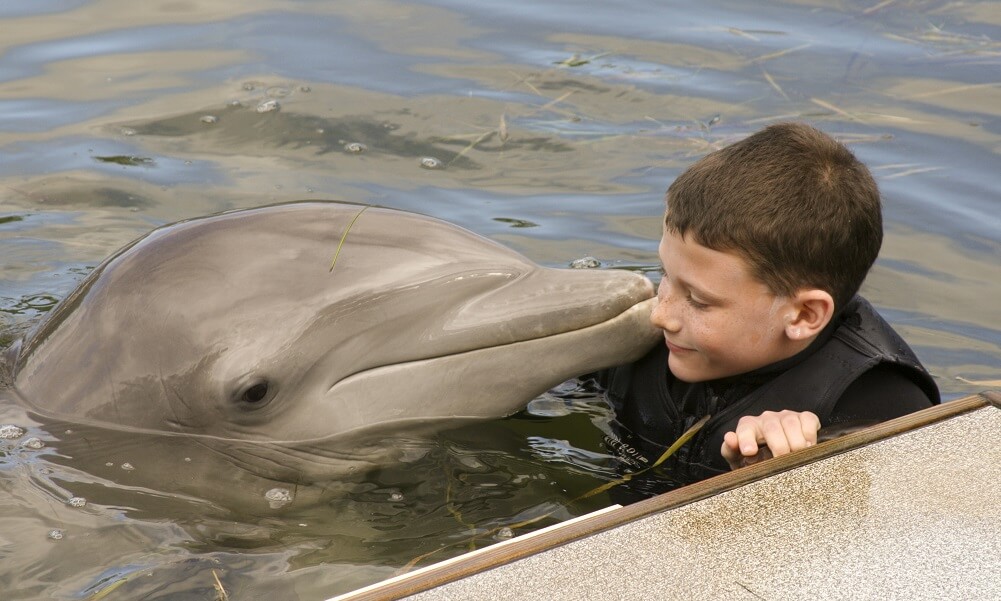
Even when it doesn’t seem to benefit them, dolphins will often go to great lengths to help and interact with humans. Read about some well-known examples and possible reasons for this behavior.
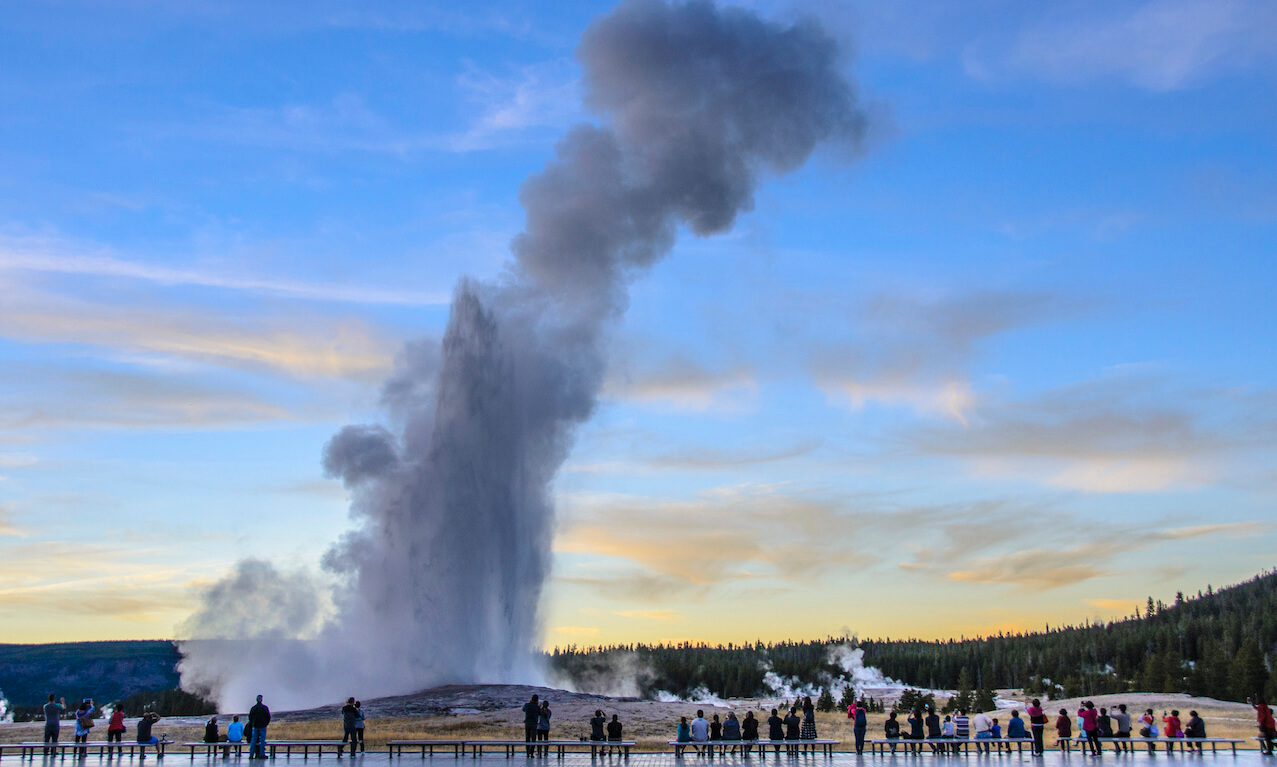
Writer and researcher Tom Winterbottom argues that the key to enjoying nature is to slow down.
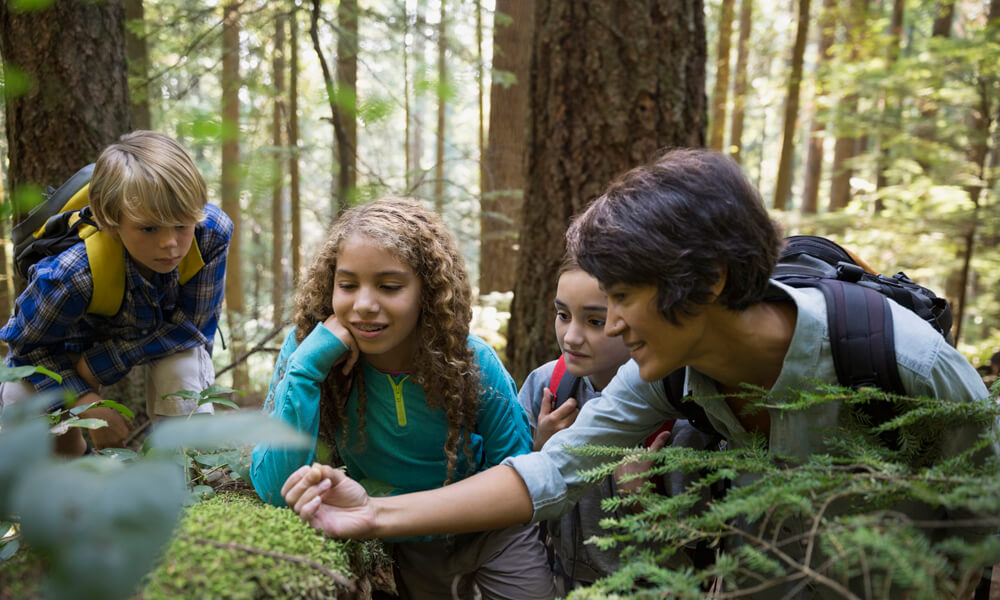
Is the natural world a better place for young children to learn than the classroom? Read to learn about the benefits some researchers see in providing preschoolers with an outdoor education.

This article explores the connections between vision and the other senses when it comes to our experience of eating and drinking.

There’s a very good reason why people refer to a persuasive facial expression as “puppy dog eyes.” Read about one dog owner’s experiences with canine communication.

Seventh-grader Gitanjali Rao created a lead-in-water detection tool in response to the Flint water crisis. Watch the videos to learn more about her invention.

Look at the infographic for a quick breakdown of the cost to live on Mars.

Reducing or eliminating meat consumption reduces our toll on Earth’s resources. Read about how people are searching for meat-free and sustainable food options.
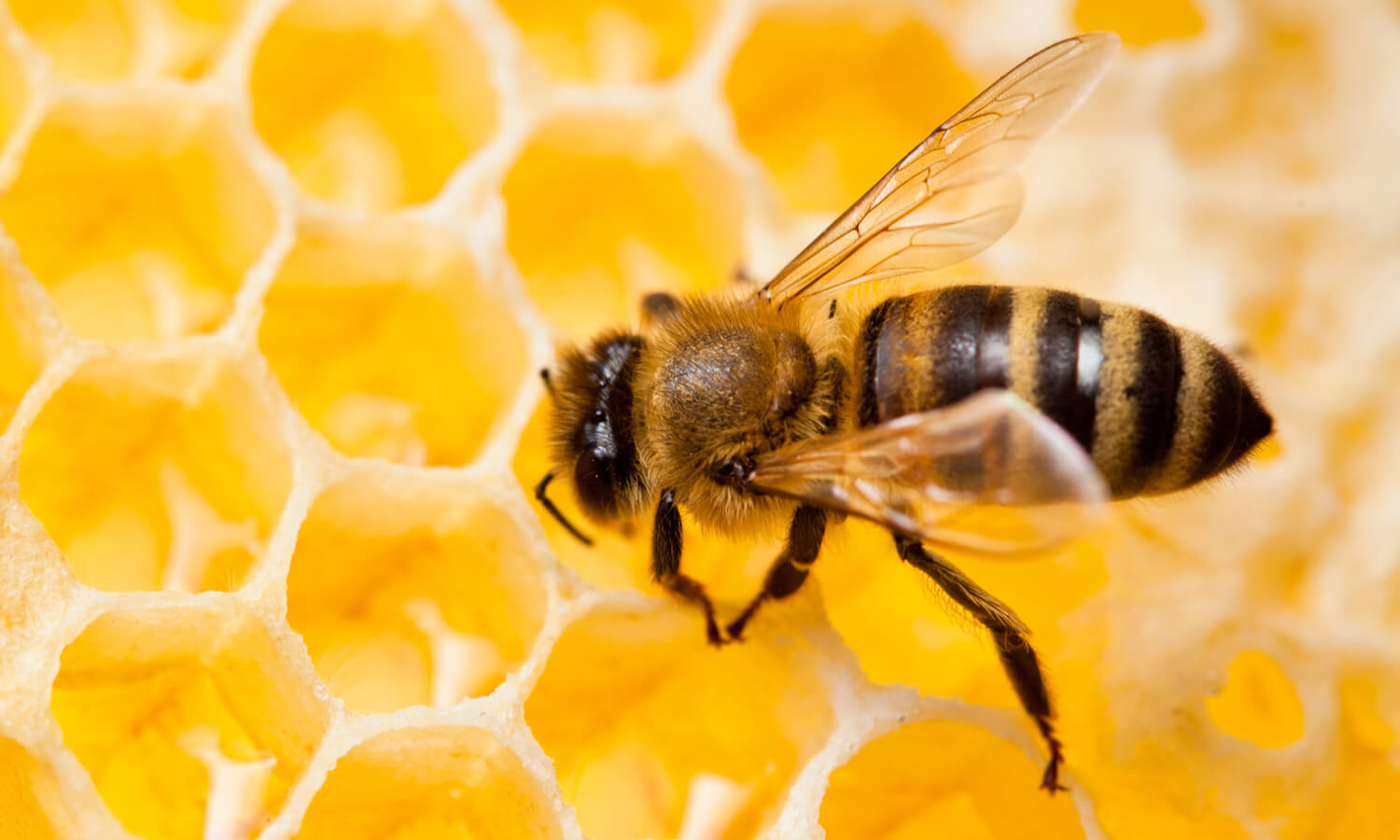
A recent study suggests that bees may grasp the concept of zero. Read the article to learn more about what this discovery means.

In Los Angeles, an anthropologist is using equations to teach police about how street gangs operate.

Romeo and Juliet fall madly in love at first sight. But does this happen in real life? Read this article to find out what researchers have discovered about your brain and love.

Shakespeare’s writing style can be challenging to read. Not only did he write four centuries ago, but he also played with language, coining new words, rearranging syntax, and using words as different parts of speech. Now, researchers have discovered that this last feature—using a noun like child as a verb instead, for example—excites the human brain because it is so unexpected.

If you really want to remember something, you take a picture of it. But a new study reveals that using that strategy may actually work against you: people remember more details about something if they don’t take a picture of it. NPR digs into the details and the implications.

Elephants travel in herds and are very social. When a fellow elephant is upset, they have a unique way of consoling it.

Do you think you know what to do during an earthquake, a tornado, or a hurricane? Many people still think these six common myths are true. Learn why they’re untrue and what you should actually do instead during these disasters.

Fear is a basic human response, but scientists still don’t completely understand it. Read about their efforts, using scans of blood flow in the brain, to further comprehend this complex reaction.

Migraine headaches can be frightening as well as painful. While there is no cure for them, scientists are finding new ways to manage them.

From cave paintings to the first written words, human beings have been making themselves “heard” for a very long time. This section of the Museum of Natural History’s website provides a quick tour of how our use of language and symbols has grown over many, many centuries.